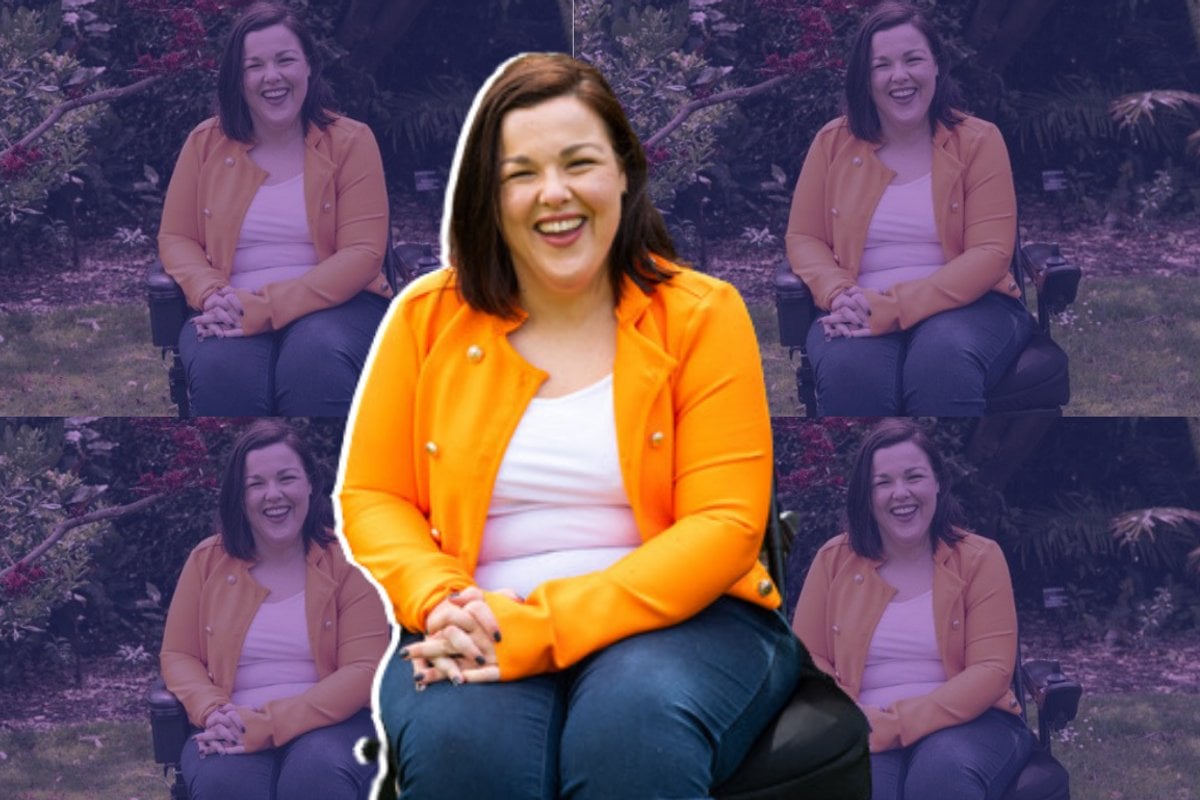
Today is the International Day of People with Disability. For people with disabilities, this day can represent and encompass a lot of mixed feelings.
For me, a woman with a disability, it is a complicated day.
On the one hand, I feel very grateful that this day exists. After all, the day allows people like me, to be given the microphone, the pen, or a space at the table. To use my voice. To show the realities of living with a disability.
On the other hand, I am continually surprised by the lack of awareness non-disabled people have for the International Day of People with Disability. For me, this re-confirms that many non-disabled people don’t see us as we see ourselves.
Watch How to treat people who live with disabilities. Post continues after video.
We are just like you. Despite the challenges that we face, we can be and are, in many cases, living full and happy lives.
This is the core of my conflicted feelings about this day. I dearly want you to believe, that I, for example, am just the girl next door who just happens to use a wheelchair.
